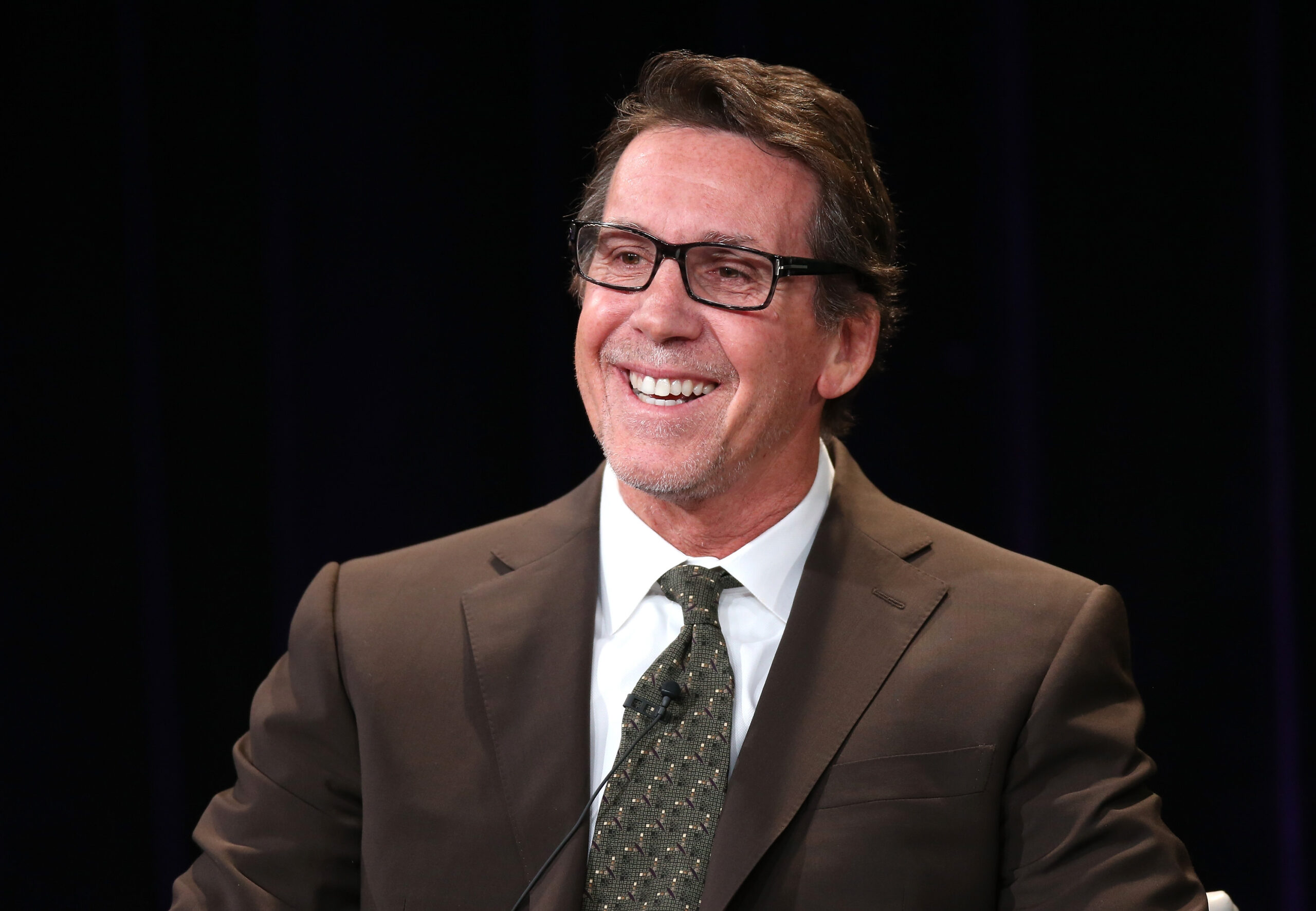By this time next year, “Real Streets of SF” could be streaming near you—but only if producers Eddie Barbini and Lia Carney get their way at the city’s Board of Supervisors, which will have to sign off on the show.
So who are the potential producers of this inside look at the San Francisco Police Department anyways, and why do they want inside San Francisco’s precincts?
Despite its Kardashians-esque name, Barbini and Carney say they wouldn’t call “Real Streets” a reality show.
The pair plans to make a documentary-style TV series that unveils, rather than showcases, the good, the bad and the ugly of SF’s police department.
“Reality series have a tendency to manufacture storylines and conflicts, and drama,” Barbini said. “We’re a fly on the wall. We’re there to follow life. To capture the truth.”
Barbini has a history working on films for law enforcement, including training videos for the U.S. Department of Justice, the Air Force, the FBI and the CIA, a resume that has raised eyebrows among SF activists, who fear a whitewashing of local police work. Barbini has also produced network shows like Discovery Channel’s Dirty Jobs and ABC’s Arrest & Trial.
He said he understands the skepticism of a show like this one “100%” but hopes his and Carney’s work on a soon-to-be-released PBS episode about Anthony Fauci, for example, will show critics his commitment to truth-telling.
“I think it’s just a much deeper, more thoughtful story than those ride-along shows,” Barbini said of his documentary work. “It focuses on the people that are doing the jobs. It’s just a big tapestry of human nature stories.”
Carney, who brings her operations experience at Discovery Studios to the team, said she wants the show to dive deep into the successes and failures of the officers and the department, especially in a city as high-profile as San Francisco, at a time when policing comes under greater scrutiny nationwide.
“It’s really about transparency and trying to see if there’s a way to be doing policing better,” Carney said.
As for how much control SFPD will have over the show, Barbini said it will only be involved in fact-checking—but that there will be ample lawyers on both sides making sure the show doesn’t create legal issues.
Anyone, officers or otherwise, who doesn’t want to be filmed will not be, he said. While they have yet to iron out the details, Barbini said he envisions a small crew that does little to disturb the day-to-day work of the department or city operations.
“Generally, we’d like to keep it small and intimate,” Barbini said. “We’re just going to get a better story that way.”
Supervisor Matt Dorsey, who previously worked at the police department in a communications role, asked the Board of Supervisors to grant permission for the show’s filming through a November resolution. He said he welcomes the opportunity for public scrutiny into the department.
“This has to be warts-and-all,” Dorsey said.
